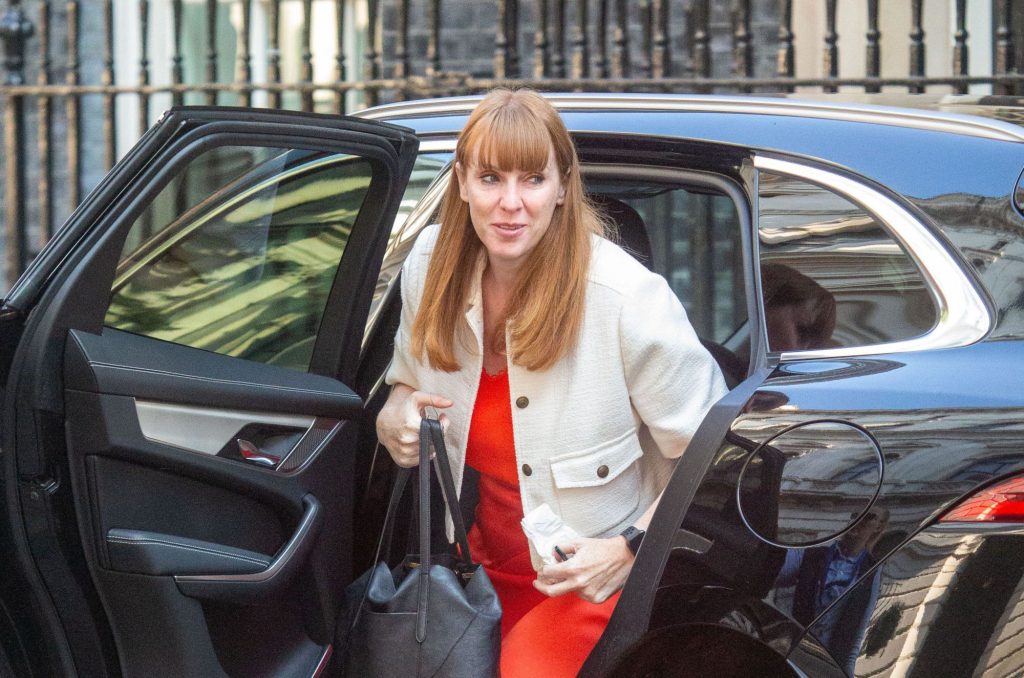Government launches call for evidence on racism in Islamophobia definition
A new cross-departmental working group, led by former attorney general Dominic Grieve KC, has opened a four-week public consultation on whether the UK’s formal definition of Islamophobia should explicitly include racism. With anti-Muslim hate incidents at record levels in 2024, ministers say a clear, nationwide definition is crucial—but opponents warn of potential legal confusion and free-speech issues.
Background to the working group
In February, Deputy Prime Minister and Communities Secretary Angela Rayner announced the formation of the Anti-Muslim Hatred and Islamophobia Working Group. Its stated aim is to develop a “working definition” that can guide law enforcement, local authorities and community organisations in identifying and tackling anti-Muslim hatred.
The group’s independence has been emphasised by ministers: its recommendations will be submitted to government for consideration and may not be adopted wholesale. Nevertheless, officials are keen to secure input from campaigners, faith leaders and the public to ensure the definition reflects lived reality.
What the call for evidence entails
The call for evidence was published on 21 June and will close on 13 July. Interested parties can respond via an online questionnaire comprising 13 questions. Key points include:
- Terminology: Do respondents prefer “anti-Muslim hatred,” “Islamophobia,” or another term entirely?
- Scope: Should the definition cover both language and actions, online and offline?
- Racism component: Crucially, should the new definition explicitly classify Islamophobia as a form of racism?
- Examples: Respondents are invited to submit real-world instances of anti-Muslim prejudice or violence.
All answers will remain anonymous unless contributors choose to disclose their identity. The anonymous format is designed to encourage frank feedback.
Membership of the working group
The panel comprises experts from across civil society and academia:
- Dominic Grieve KC (Chair), former Conservative attorney general
- Professor Javed Khan, child welfare and anti-hate campaigner
- Baroness Yasmin Alibhai-Brown Gohir, equality and community relations advocate
- Akeela Ahmed, co-founder of the British Muslim Network
- Asha Affi, independent consultant on diversity and race
The group is tasked with producing a final report and proposed definition by late summer, ahead of next year’s local elections.
Existing legal framework and campaigner concerns
Under current UK law, the Racial and Religious Hatred Act 2006 and Public Order Act 1986 already prohibit the incitement of hatred against individuals based on religion or belief. Campaigners caution that introducing a parallel definition for Islamophobia risks:
- Duplication of existing hate crime provisions;
- Confusion among law enforcement on which legal instrument to apply;
- Chilling effect on legitimate criticism or debate about religious practices.
Government sources insist that any agreed definition will not impinge on free speech and will be drafted to complement, not replace, hate crime law.
International comparisons and precedents
In 2019, the Labour Party accepted the all-party parliamentary group (APPG) definition co-chaired by Wes Streeting MP. The APPG described Islamophobia as “rooted in racism and is a type of racism that targets expressions of Muslimness or perceived Muslimness.” This precedent is expected to inform Grieve’s panel, though ministers are open to alternative formulations.
Internationally, several countries have adopted similar working definitions. For example:
- Canada’s Parliamentary Coalition to Combat Anti-Muslim Hatred;
- Allied European nations that embed specific religious hatred offences in their criminal codes;
- Local government codes of practice in major UK cities, which often include operational definitions of Islamophobia.
Next steps and likely outcomes
Once the call for evidence closes on 13 July, the panel will analyse responses and draft a proposed definition. Public engagement events and roundtables are expected later in the summer. Final recommendations will be handed to ministers for a decision on whether to enshrine the definition in guidance, policy or legislation.
If adopted, the new definition could:
- Provide clearer guidance for police and prosecutors handling anti-Muslim hate incidents;
- Inform training materials for public bodies, schools and workplaces;
- Strengthen community cohesion by ensuring victims of Islamophobia receive consistent recognition and support.
The outcome will be a key test of Labour’s commitment to tackling prejudice, and may shape wider debates on race, religion and free expression in the UK for years to come.
